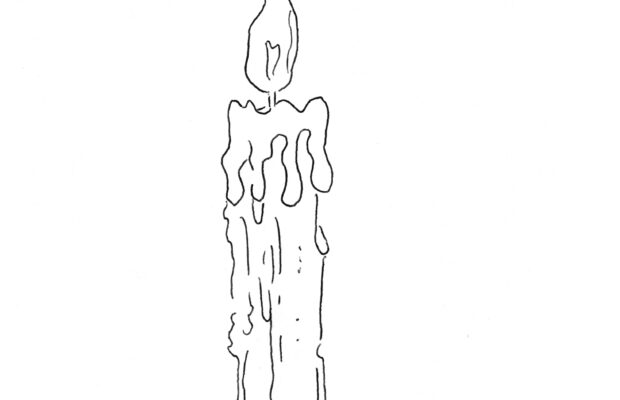“Heretic” challenges religious control

The debate between fate and free will is a recurring topic in entertainment that has captivated audiences throughout history. We have seen these quandaries in countless stories, but Scott Beck and Bryan Woods’s film, “Heretic,” takes the concept of belief to a whole new level. “Heretic” takes place in an isolated wooded mountain town where two Mormon missionaries, Sister Paxton, played by Chloe East and Sister Barnes, played by Sophie Thatcher, promote the Church of Latter-Day Saints. As they visit each house on their list, during an increasingly violent storm, they find themselves upon the porch of a seemingly hospitable theologist, Mr. Reed’s, played by Hugh Grant, door. The carefully thought-out camera angles foreshadow and build up intentional suspense between the girls and Mr. Reed’s true intentions with them.
The soul-rattling religious commentary leaves the viewer with more questions than they had going into the film. Grant’s role is so unique compared to most antagonistic characters. His role as the villain leaves fate in his victims’ hands, or at least he makes them believe that it is. His character allows him to take on the unsettling archetype with teacher-like qualities, creating an interesting dynamic between himself and the girls. He makes them question their taught faith and if they believe what they do because someone asked them to believe it. Grant’s delivery forces the viewer to question and reflect deeply into their own taught morals on religion. As his character studies them through a lengthy obstacle of fate, the desolate atmosphere only adds to the confusion and tension between the characters, highlighting humorous misfortune that ensues.
East and Thatcher act as strong enforcers of religious belief, but as the movie continues, their faith hinders. It is impossible to ignore the iteration among religious teachings, and the argument on faith versus freewill is prominent between the leads. The scenes are tastefully thought out; a heavy spiritual dilemma and missed opportunity biting at the characters’ backs with every sharp twist. The paths this film explores proves how opposing ends of the spectrum can still find common ground and illustrate that debates surrounding religion will always endure. The unusual metaphors “Heretic” created between religion and corporate greed makes for an interesting social-economic commentary on what society puts money, time and resources into in order to keep control.
There is a profound scene towards the end of the film where Mr. Reed’s teacher-like qualities and Sister Paxton’s student-like behaviors switch. When their roles reverse it leaves the audience with a lot of questions as to where the power dynamics now lie. A24 has created a beautiful and complex movie that tests the audience along with Sister Paxton and Sister Barnes.
The philosophical horror film does not only leave audiences in complete physical shock, but in emotional shock as well. The “Saw”-like set up and corrupt game Mr. Reed plays with Sister Paxton and Barnes keeps viewers at the edge of their seat, constantly anticipating the next psychological scare. What happens after we die can be a detrimental thought, and “Heretic” forces viewers to question how much faith they put into their religion and their community, but most importantly, how much faith they put into themselves.



